Liverpool star Curtis Jones has faced backlash from his fans after suggesting that he would rather watch Eden Hazard play over Mohamed Salah.
Jones and Salah are team-mates at Anfield whereas Hazard made his name at Chelsea, while fans have debated for several years over who is the better player.
The England international made the admission that he would rather pay to watch Hazard over Salah.
However, the 23-year-old later clarified his position on the matter by posting a picture of himself alongside Salah with the caption: “The one I’d rather have in my team.”
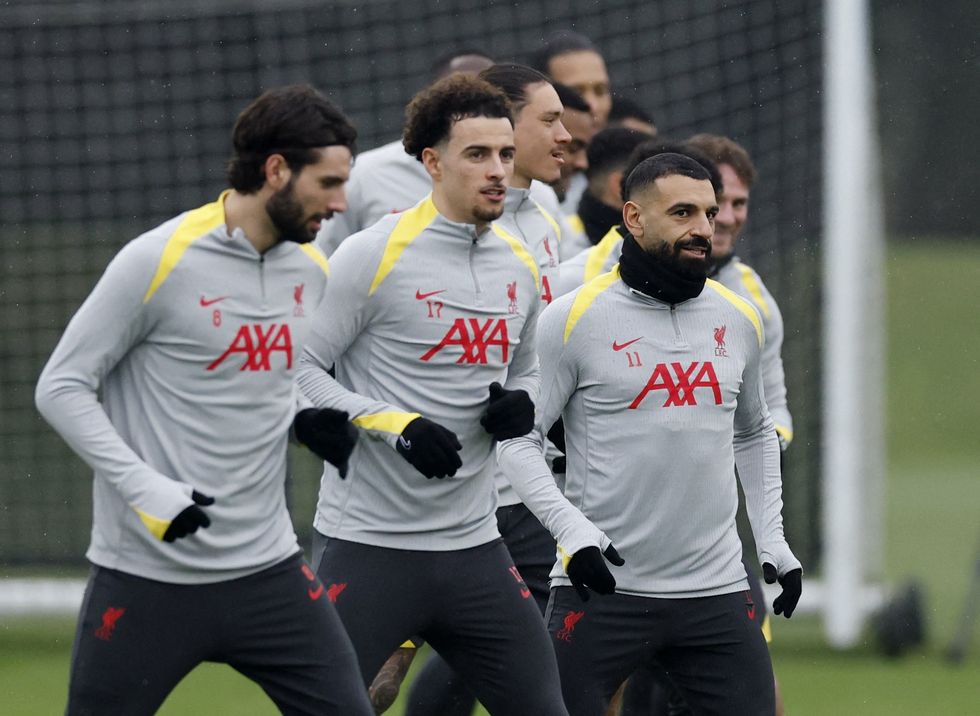
Curtis Jones has admitted he loved watching Eden Hazard growing up
Reuters
Speaking to TNT Sports initially, Jones said: “I know this might go a little bit left with our fans because the comparison is always there, but Hazard is the one.
“I know we compare him with Mo all the time and I’ve been into it with Mo.
“I play it from, who I saw as a kid when I loved the game and I wanted to be like a player.
“I feel like it was Hazard. Every game, I’d watch him, just like, ‘wow, that’s football.’
“Now he’s, I wouldn’t say he’s disrespected, but he wouldn’t come into certain talks that he should.
“It’s a talk I’ve had with Mo and all the lads. As a footballer, is he better than Mo? In my opinion, yes.
JUST IN: Wayne Rooney takes on new sport after Plymouth sacking as Coleen Rooney reveals all
“But who would you rather have in your team? They’re going to say Mo because he gets you your goals and assists.”
His light-hearted comments live on air seemed to irk swathes of the Liverpool fanbase, with one responding on social media by saying: “That’s your teammate, Curtis.
“Harsh that. Salah > (is better than) Hazard imo.”
Another wrote: “Even if that is true which it isn’t why would you say that to the media in the middle of a season about your own TEAMMATE.”
READ MORE:Shaun Murphy makes emotional admission after beating Kyren Wilson to win Masters
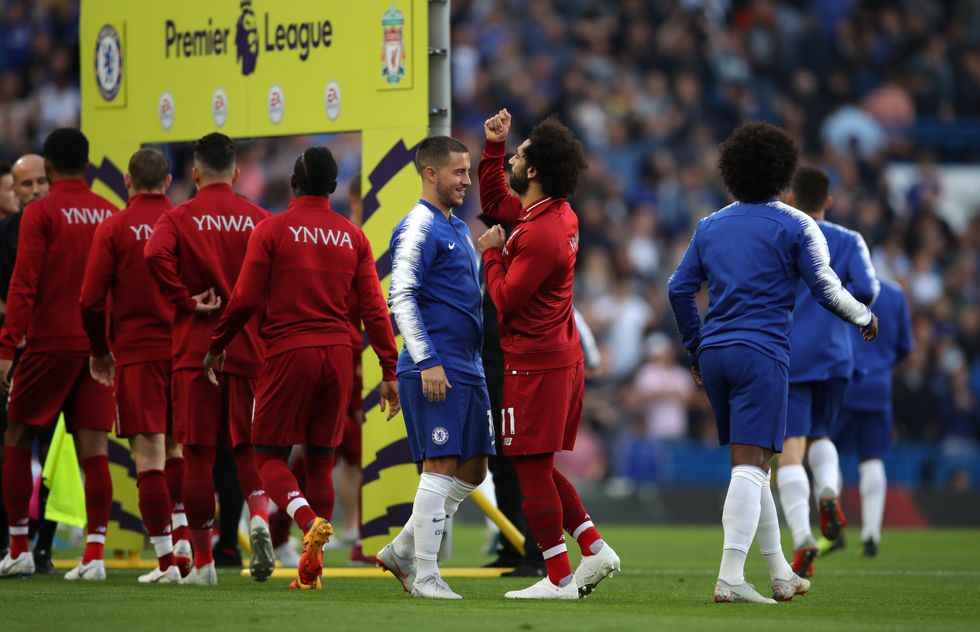
Eden Hazard and Mohamed Salah have both had incredible careers in the Premier League
PA
However, not everyone was furious with the midfielder with one responding by saying: “Listen to the full video, (he) don’t disrespect Mo in any way shape or form.
“He enjoys watching Hazard more, so what? He also says he would have Mo in his team ahead of Hazard.”
The debate over who is better between Salah and Hazard has raged on for several years between Liverpool and Chelsea fans after stellar stints at their respective clubs.
LATEST SPORTS NEWS:
“Every game I watched him, I was just like ‘wow, that’s football.'” ✨
Curtis Jones shares why he idolised Eden Hazard growing up, and chips in on comparisons to Mohamed Salah… 👀
Between The Lines ➡️ https://t.co/mAiVONEZHP pic.twitter.com/bjgpWepPyj
— Football on TNT Sports (@footballontnt) January 20, 2025
Salah is undoubtedly a Reds legend and is their fourth-top goalscorer of all time with 232, having won the Champions League, the Premier League, the FA Cup, the Carabao Cup, the FIFA Club World Cup, UEFA Super Cup, and the FA Community Shield.
Hazard, meanwhile, has an impressive CV at Stamford Bridge, winning two Premier League titles, two Europa Leagues, the FA Cup and Carabao Cup, scoring 110 times in 352 appearances.

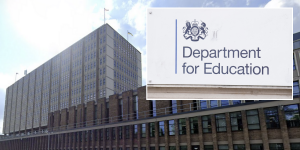

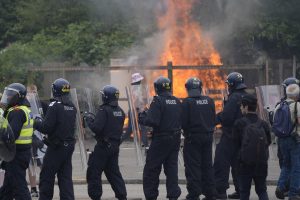


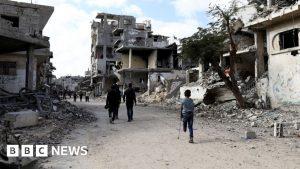



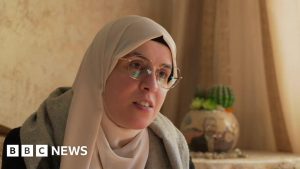
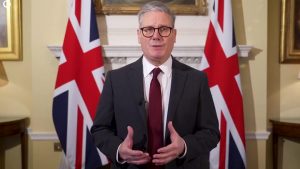

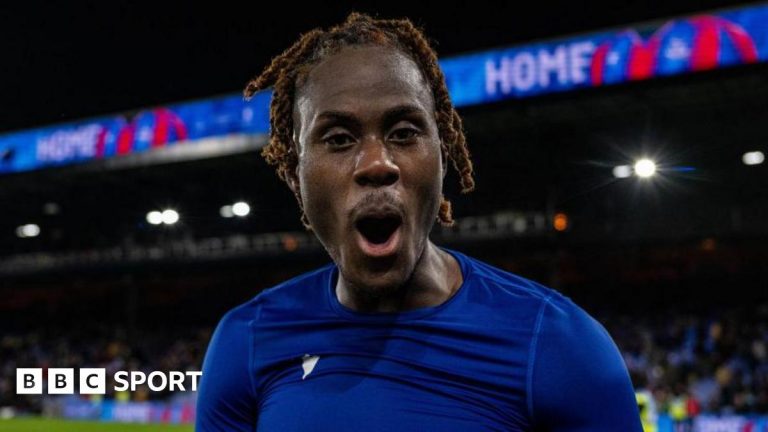
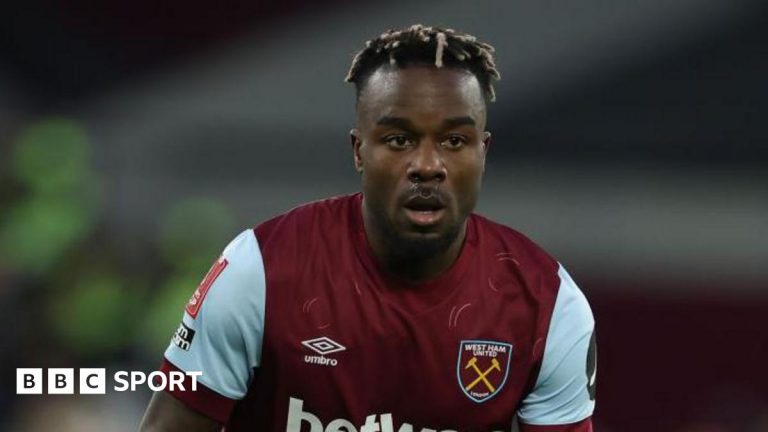
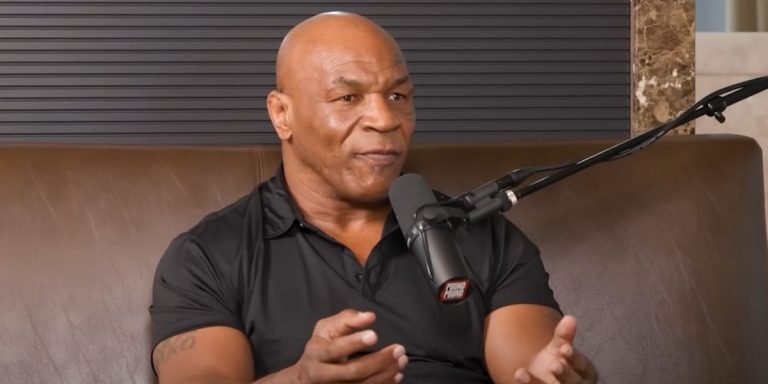
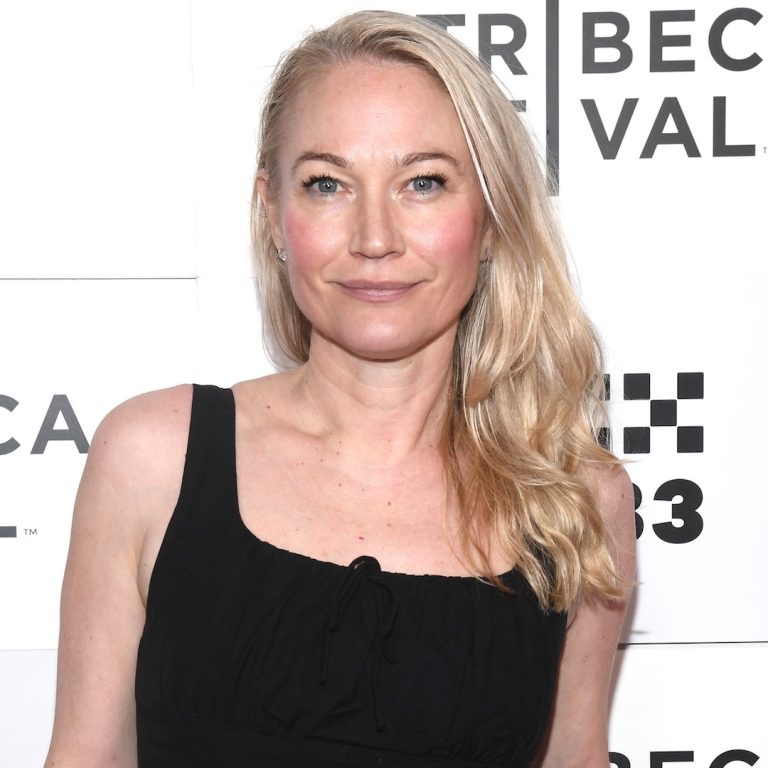
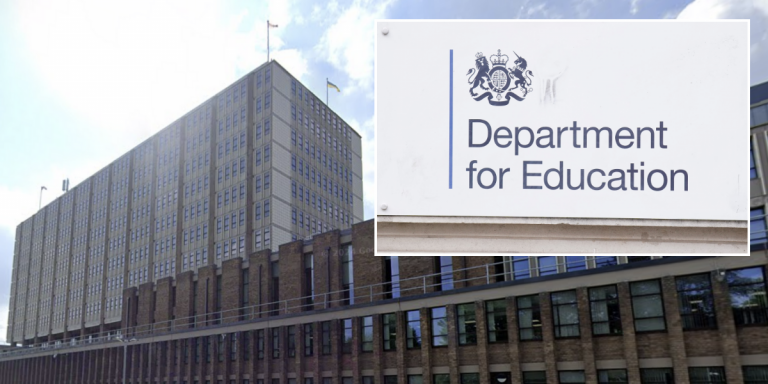
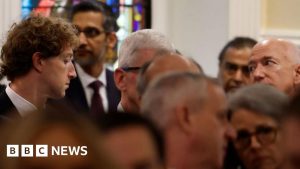

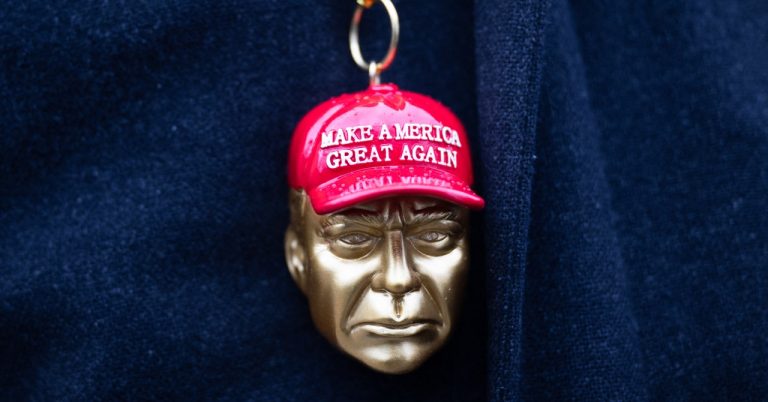
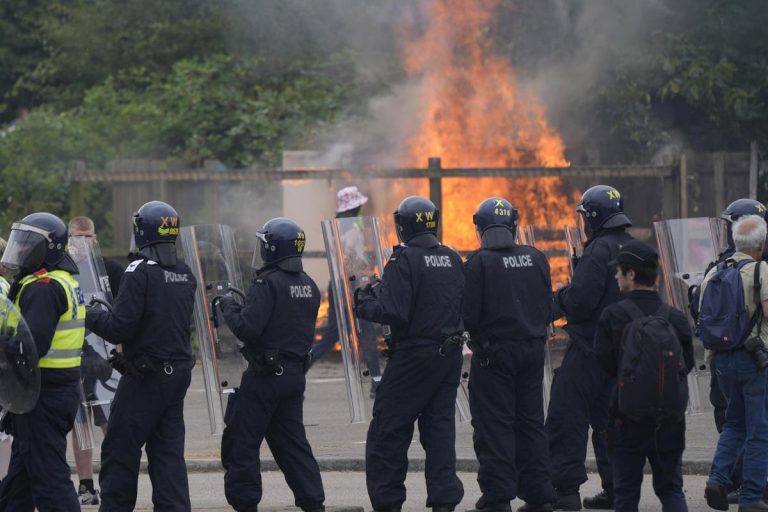
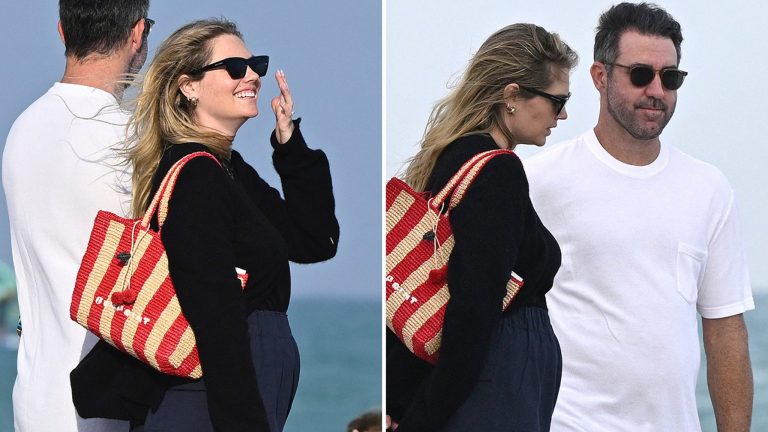

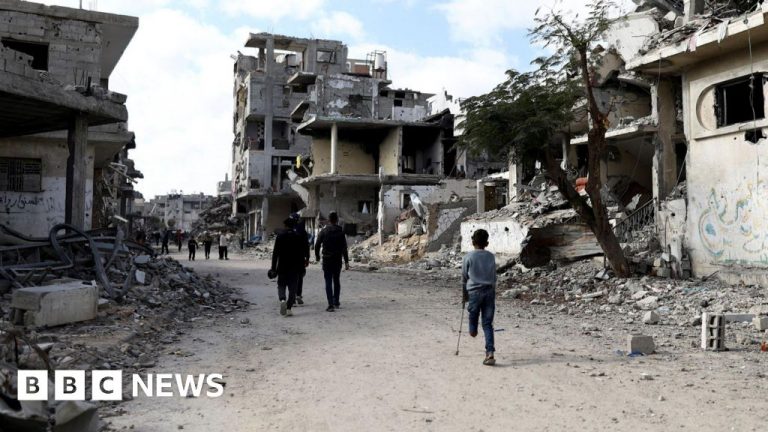
+ There are no comments
Add yours